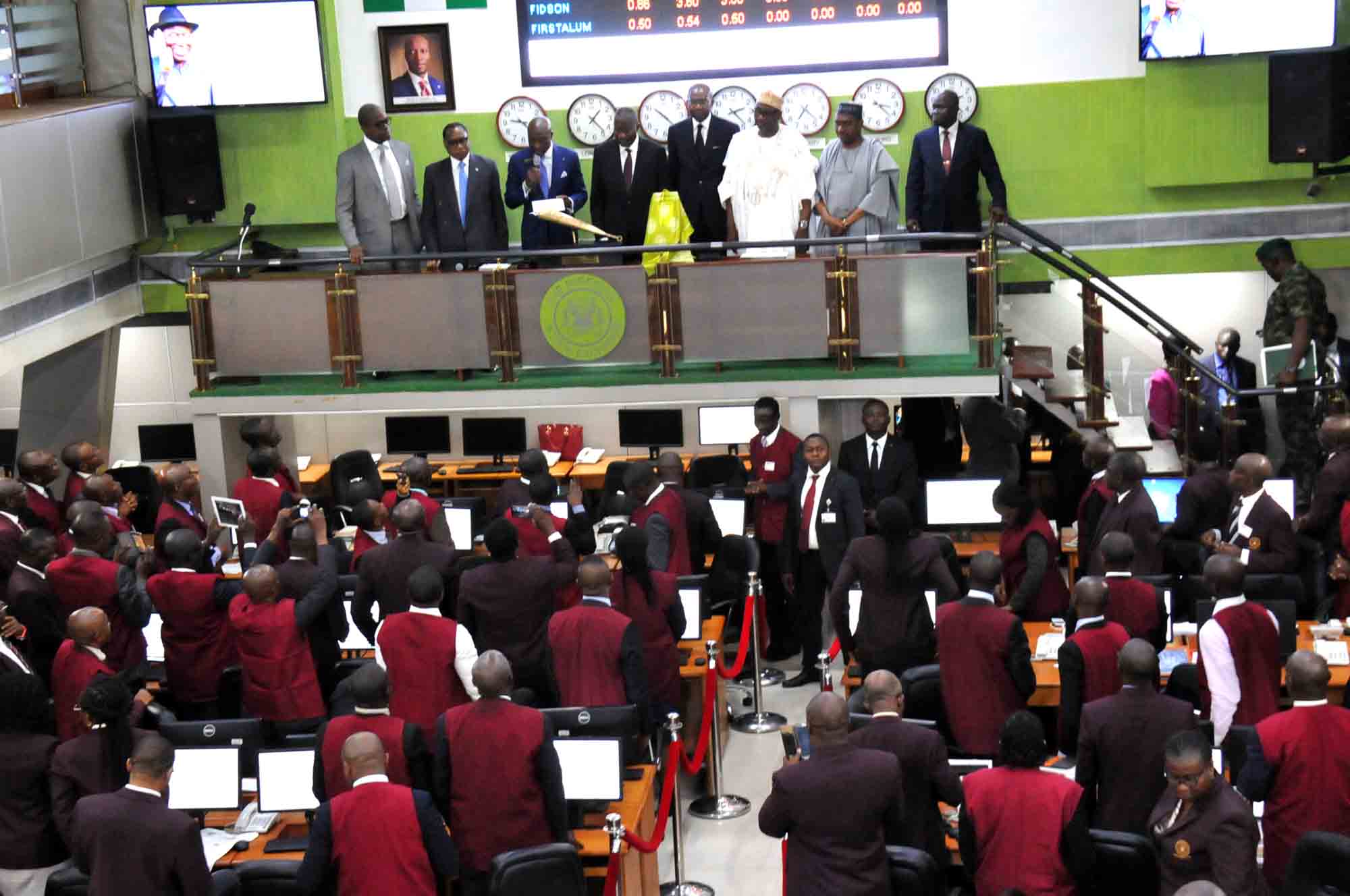- Capital Market Fraud: SEC Bans Ogiemwonyi for Life
The apex regulator of the Nigerian capital market, the Securities and Exchange Commission, has barred the Managing Director of Partnership Investment Company Plc and Partnership Securities Limited, Mr. Victor Ogiemwonyi, for life from holding directorship positions in any public company in the country following his alleged unprofessional conduct in the capital market.
SEC has also withdrawn the operating licences of Partnership Investment Company Plc and Partnership Securities Limited. The Chairman of the companies, Mr. Henry Omoragbon, was also suspended for a period of five years from engaging in capital market activities in Nigeria.
In a statement on Tuesday, the regulator said, “Pursuant to Section 38 (4) of the Investments and Securities Act, 2007 and Rules 34 (1), (a) of the SEC Rules and Regulations made pursuant thereto, the certificate of registration of Partnership Investment Company Plc is hereby cancelled without prejudice to the recovery of all existing liabilities due to the complainants and penalties payable to the commission.
“Mr. Victor Ogiemwonyi is hereby banned for life from engaging in capital market activities in the Nigerian capital market and ordered to pay a penalty of N100,000 only for breach of Rule 1 (iii) of the Code of Conduct for Capital Market Operators and their Employees as contained in the SEC Rules and Regulations, made pursuant to the Investments and Securities Act, 2007.
“He is also banned for life from holding directorship position in any public company in Nigeria for his unprofessional conduct in respect of the activities of the both companies.
“Mr. Henry Omoragbon is hereby suspended for a period of five years from engaging in capital market activities in the Nigerian capital market and ordered to pay a penalty of N100,000 only for breach of Rule 1 (iii) of the Code of Conduct for Capital Market Operators and their Employees as contained in the SEC Rules and Regulations made pursuant to the Investments an Securities Act, 2007.”
It also stated that pursuant to Section 304 of the Investments and Securities Act, 2007, all information on possible criminality in the matter would be referred to the appropriate law enforcement agencies.
Some directors of Partnership Investment Company, Mr. Ojetunde Taiwo, Mrs. Olufunke Ogiemwonyi, Mr. Frank Ogiamien, Mr. Adeusi Aladejola Alexander and Mrs. Arese Ugwu, were also suspended for a period of five years from engaging in capital market activities, banned from holding directorship positions in any public company in Nigeria for the said period and ordered to pay a penalty of N100,000 each for breach of Rule 1 (iii) of the Code of Conduct for Capital Market Operators and their Employees.
Mr. Eseha Augustine Enejeta, a manager in Partnership Investment Company, was suspended for a period of one year and ordered to pay a penalty of N100, 000 only for breach of the same rule.
In February this year, about 300 investors, who were victims of the alleged N4.8bn capital market fraud case levelled against Ogiemwonyi, vowed to get back their monies after petitioning SEC and the Nigerian Stock Exchange.
One of the affected investors, Mr. Arnold Ekpe, had reported the development to the Economic and Financial Crimes Commission, and accused the former Partnership Investment boss of fraudulently converting over N1.2bn and $80,000 due from the sale of 96,077,872 shares of Ecobank Transnational Incorporated Plc to his personal use.
Other affected investors, however, have equity portfolios with the company.
The alleged fraud was said to have been committed under the Partnership Securities Deposit Account platform, which is an hybrid scheme that allows for additional gains on shares aside of dividends, bonuses and rights issues.
The company was said to have advised its clients, who were shareholders in different quoted firms, to buy into the scheme and make additional return of 10 per cent on their investments, payable every six months.


 Billionaire Watch3 weeks ago
Billionaire Watch3 weeks ago
 Startups4 weeks ago
Startups4 weeks ago
 News4 weeks ago
News4 weeks ago
 News4 weeks ago
News4 weeks ago
 Bitcoin4 weeks ago
Bitcoin4 weeks ago
 Naira4 weeks ago
Naira4 weeks ago
 Forex3 weeks ago
Forex3 weeks ago
 Treasury Bills4 weeks ago
Treasury Bills4 weeks ago
























